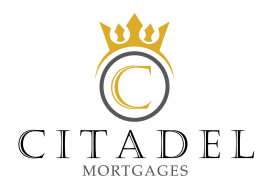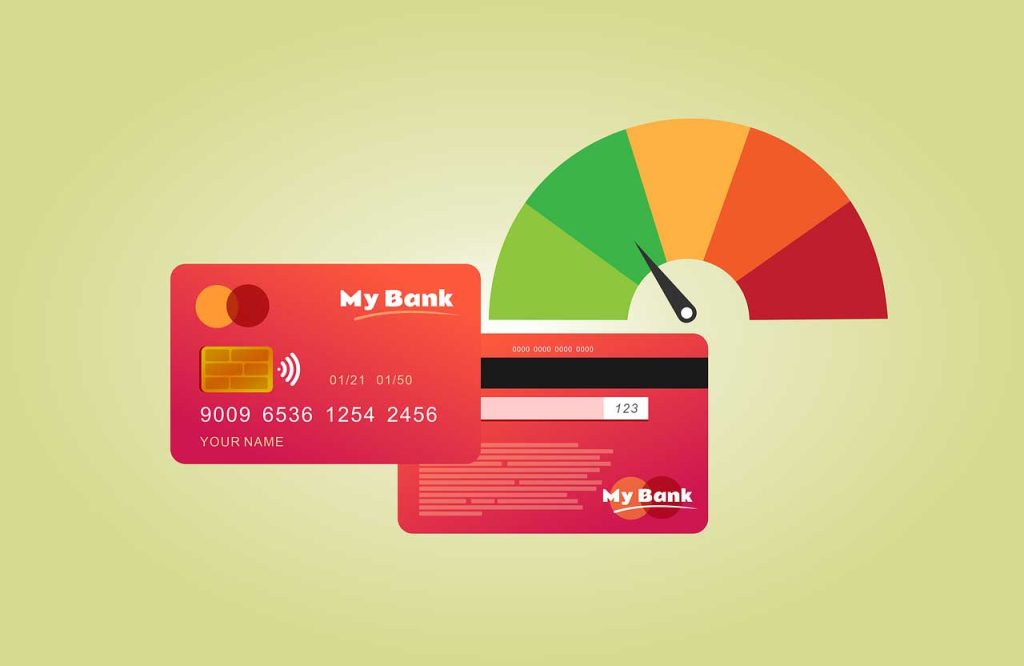Certainly! Opening a Home Equity Line of Credit (HELOC) can affect your credit score. The initial application involves a hard inquiry, which may cause a temporary dip in your score. Additionally, factors such as credit utilization, payment history, and overall debt can be influenced by your HELOC. Responsible management, including timely payments and mindful credit utilization, is crucial to mitigating potential negative impacts on your credit score.
Homeowners looking for a financial boost often turn to a Home Equity Line of Credit (HELOC) to access the equity they’ve built up in their homes. But before you jump into a HELOC, it’s important to understand how it can impact your credit score. In this article, we’ll delve into the effects of a HELOC on your credit and explore the benefits and potential drawbacks of this financial option.
What is a HELOC?
A HELOC is a revolving loan that allows you to tap into the equity in your home to fund major expenses or consolidate other debts. Unlike a home equity loan, which provides a lump sum of money, a HELOC gives you access to a line of credit that you can draw from as needed. The interest rates on a HELOC are typically lower than unsecured loans like credit cards and personal loans because your home serves as collateral.
To determine how much you can borrow with a HELOC, lenders assess the appraised value of your home minus your outstanding mortgage balance, which represents your equity. The more equity you have, the higher the potential borrowing limit.
How Applying for a HELOC Affects Your Credit Score
When you apply for a HELOC, the lender will perform a hard credit inquiry, also known as a hard pull. This inquiry can temporarily lower your credit score. However, the impact is usually minimal and lasts for about six months. It’s important to note that if you haven’t recently applied for other forms of credit, the effect on your score should be minor.
Multiple hard inquiries within a short period, typically up to 45 days, don’t have a significant impact on your credit score. However, if you spread out your inquiries over a longer period or apply for numerous credit cards or store accounts, this can be detrimental to your score.
How Using a HELOC Affects Your Credit Score
Once you’re approved for a HELOC, it will appear on your credit report as a revolving credit account, similar to a credit card. You can borrow money from your HELOC and make minimum payments during the draw period. The balance, credit line, and payment history will be reflected on your credit report.
Unlike a credit card, the outstanding balance of a HELOC doesn’t factor into the calculation of your credit score when you’re seeking another loan. It won’t affect your credit utilization ratio, which is the percentage of credit you’re using compared to your total available credit.
How a HELOC Can Improve Your Credit Score
Properly managing a HELOC can actually improve your credit score. Making timely payments on your HELOC helps establish a positive payment history, which is a crucial factor in determining your creditworthiness. If you have a limited credit history, a HELOC can help establish your credit and provide other lenders with confidence in your ability to repay what you borrow.
Furthermore, since debt related to homeownership is generally considered “good debt” by credit agencies, a HELOC can have a positive impact on your credit score. Borrowing against your home, an asset that can increase your net worth, is often viewed more favorably than taking on high-interest credit card debt or personal loans.
Using a HELOC to pay off other debts, especially those with higher interest rates, can also result in a score increase. By reducing your overall debt load, you improve your credit utilization ratio, which accounts for 30% of your credit score. HELOCs are excluded from this ratio calculation, making them a valuable tool for managing and improving your credit.
How Closing a HELOC Affects Your Credit Score
Closing a HELOC can potentially impact your credit score, particularly if you don’t have much available credit elsewhere. When you close a HELOC, the available credit is no longer factored into your credit score. This can lead to a decrease in your credit utilization ratio, which may negatively impact your score.
The impact on your credit score will be more significant if you have a short credit history, are new to credit, or have a limited number of credit cards. Credit history accounts for about 15% of your credit score, and keeping a HELOC open for an extended period can help improve your score.
Safeguarding Your Credit Score with a HELOC
To minimize any potential negative impact on your credit score when obtaining a HELOC, there are several steps you can take:
- Resolve other debts: Paying down other debts before taking out a HELOC can improve your credit utilization ratio and overall financial health.
- Shop rates within a short period: When comparing lenders, keep credit inquiries within a 15-45 day window to avoid multiple hard pulls on your credit.
- Make timely payments: Consistently making on-time payments on your HELOC helps maintain a positive payment history and demonstrates your creditworthiness.
- Understand the terms: Review the repayment requirements and ensure you can comfortably meet the lender’s expectations. Failure to make payments can negatively impact your credit score and put your home at risk.
FAQs about HELOCs and Credit Scores
1. Is there a downside to having a HELOC?
While HELOCs offer benefits like lower interest rates and flexible borrowing options, there are potential drawbacks. If you’re not careful, you could accumulate debt and struggle to make payments, which can damage your credit score and put your home at risk of foreclosure.
2. Does a HELOC hurt your debt-to-income ratio?
A HELOC can impact your debt-to-income ratio, which is the percentage of your monthly income that goes toward paying debts. If you max out your HELOC or have other significant debts, it can increase your debt-to-income ratio and potentially make it more challenging to qualify for future loans.
3. Is a HELOC a good idea?
A HELOC can be a useful financial tool if used responsibly. It can provide funds for emergencies, home improvements, or debt consolidation. However, it’s crucial to have a solid plan for repayment and to avoid excessive borrowing to ensure you don’t put yourself in a precarious financial situation.
4. What credit score is needed for a HELOC?
The minimum credit score required for a HELOC varies among lenders. Generally, a credit score of 680 or higher is preferred. However, other factors such as income, employment history, and debt-to-income ratio also play a role in the lender’s decision.
Conclusion
In conclusion, a HELOC can impact your credit score, but the extent of the impact depends on how you manage the account. Applying for a HELOC may result in a temporary decrease in your credit score, while responsible use of a HELOC can actually improve your credit over time. It’s important to make timely payments, avoid excessive borrowing, and understand the terms and conditions of your HELOC to safeguard your credit score. By taking these steps, you can leverage the benefits of a HELOC while maintaining a healthy credit profile. If you’re considering a HELOC, consult with a trusted financial advisor to determine if it’s the right financial move for your specific situation.
Remember, Citadel Mortgages is here to assist you with your mortgage needs. Contact our experts today for personalized guidance and support.
If you’re ready to explore the benefits of a HELOC or have questions about how it may affect your credit score, contact Citadel Mortgages today. Our team of experts is here to assist you every step of the way.

Unexpected costs when buying a home in Canada
When buying a home in Canada, there are several unexpected costs that buyers should be aware of to avoid financial surprises. Some of the key

Considering An Early Mortgage Renewal
Why consider renewing your mortgage ahead of time? Well, one big reason is changes in interest rates. If rates drop, jumping on an early renewal

How to get a HELOC on an Investment Property in Canada
To get a Home Equity Line of Credit (HELOC) on an investment property, you need to follow these steps: 1. Know Your Finances: Estimate the

Expert Advice: Buying a House in Cash in Canada
In exploring the possibility of buying a house in cash in Canada, it’s essential to understand the various aspects that come into play. Here’s a

Average Down Payment for a House in Canada
According to the Canadian Real Estate Association, the average house price in Canada hit around $637,673 in August 2022. This means if you’re looking to

Assumable Mortgages: An In-Depth Look
Assumable mortgages are a unique financing alternative that could potentially save you thousands of dollars and simplify the home-buying process. But what exactly are they





